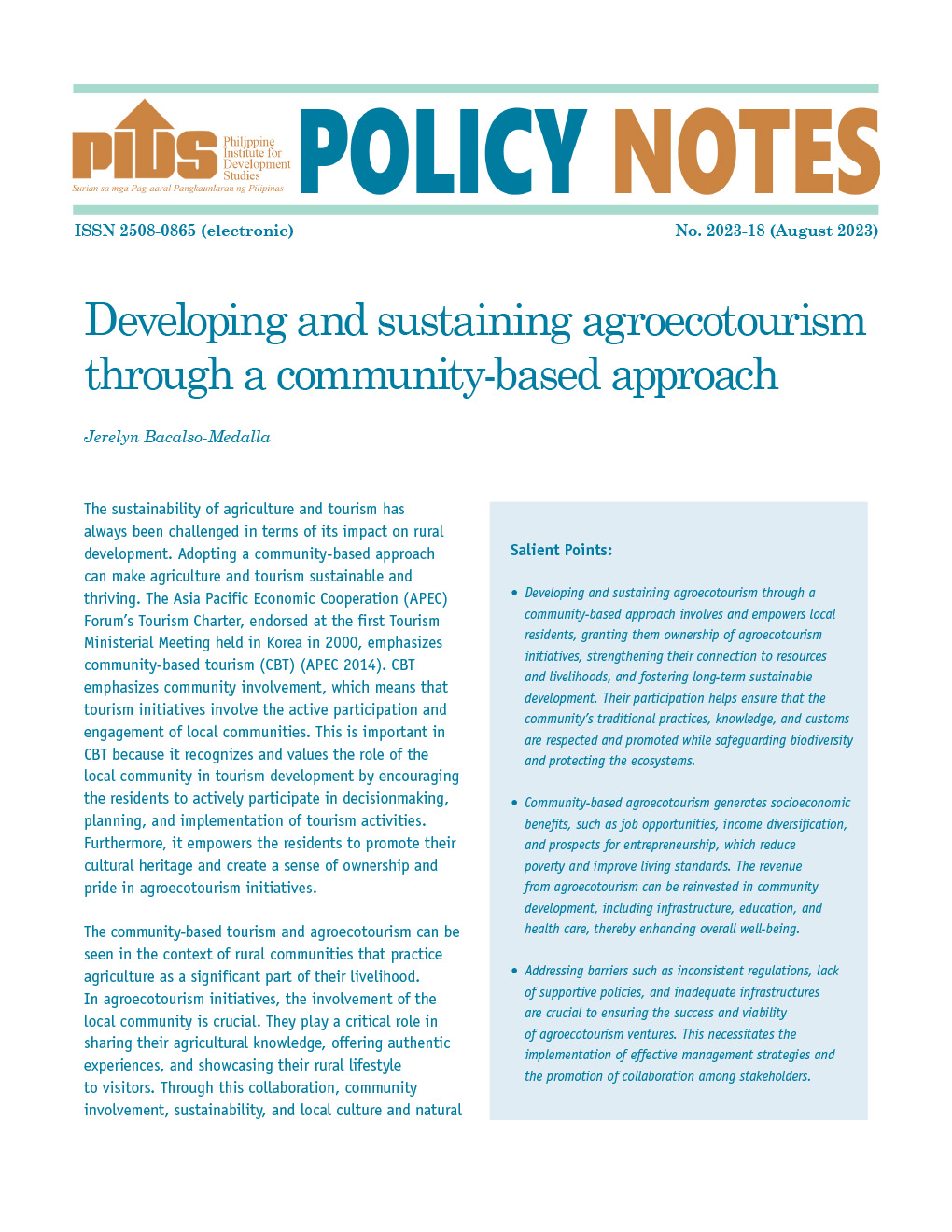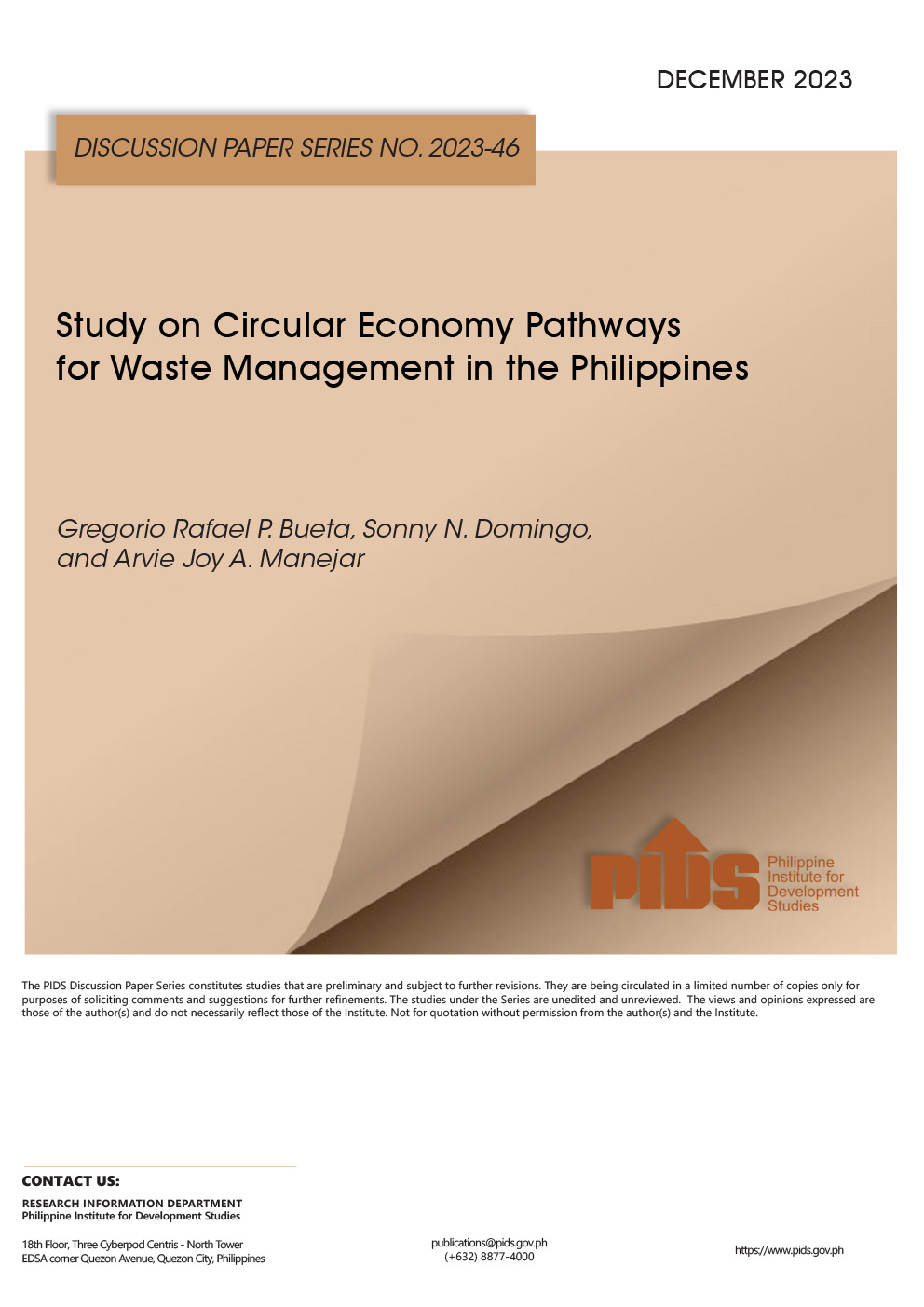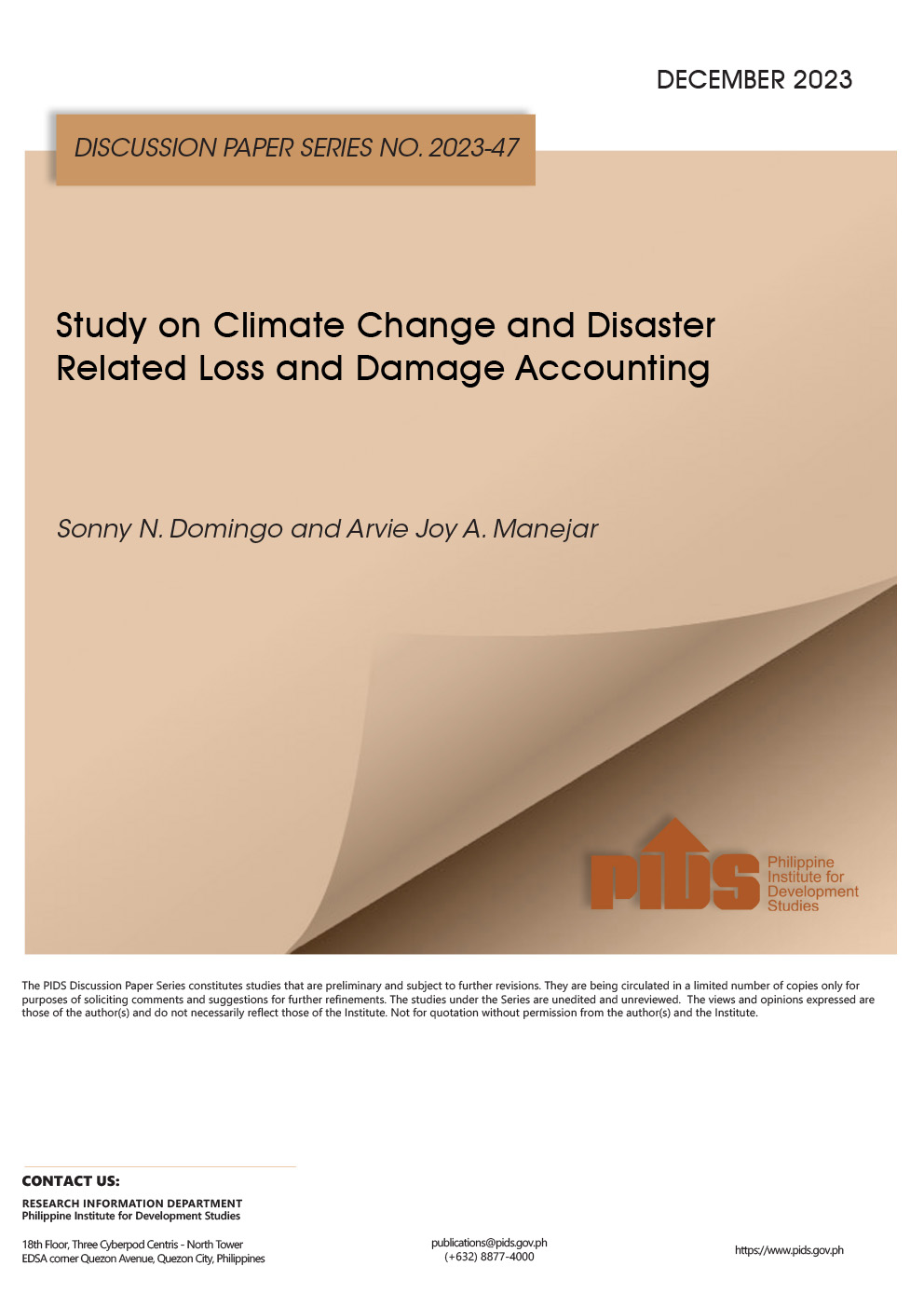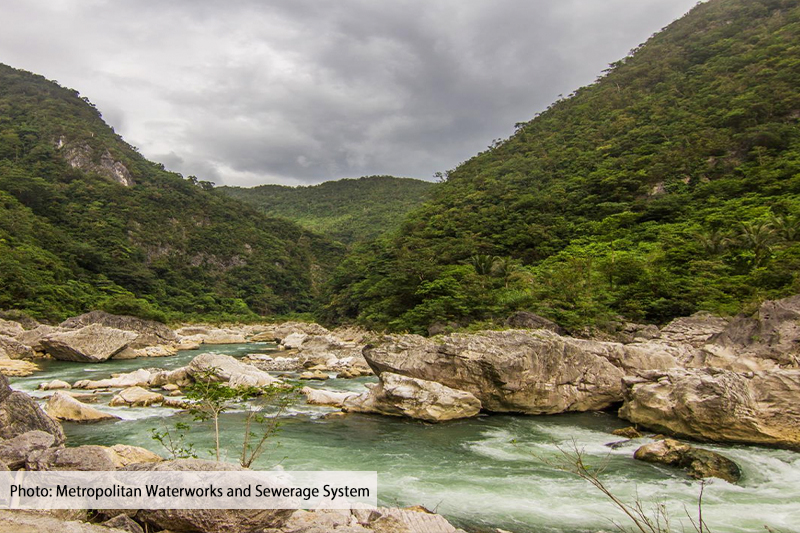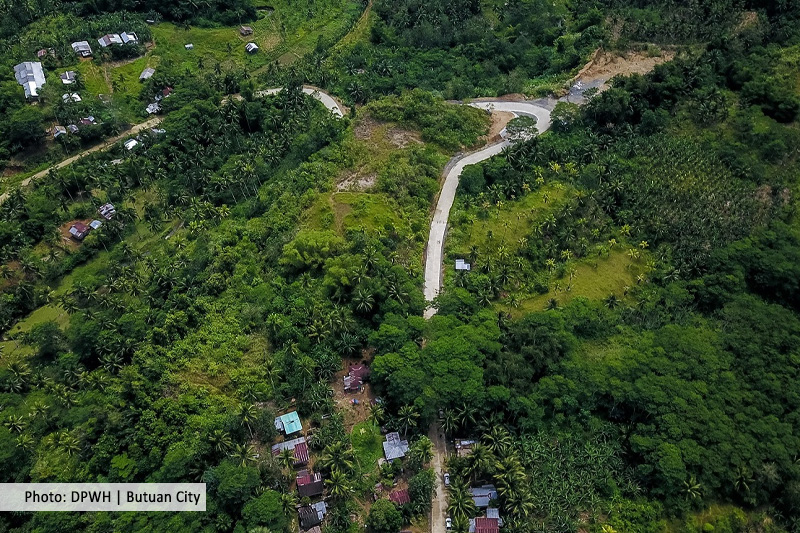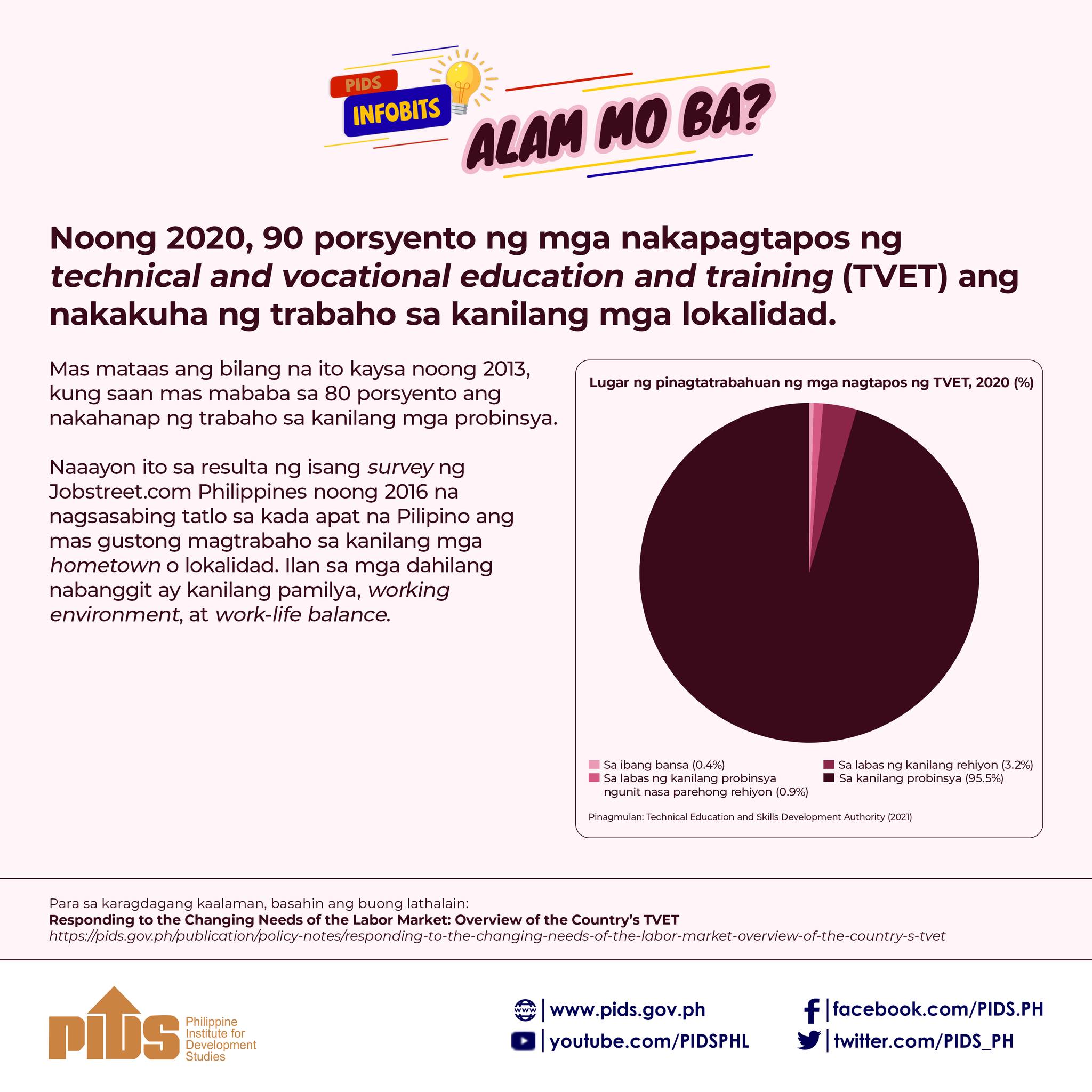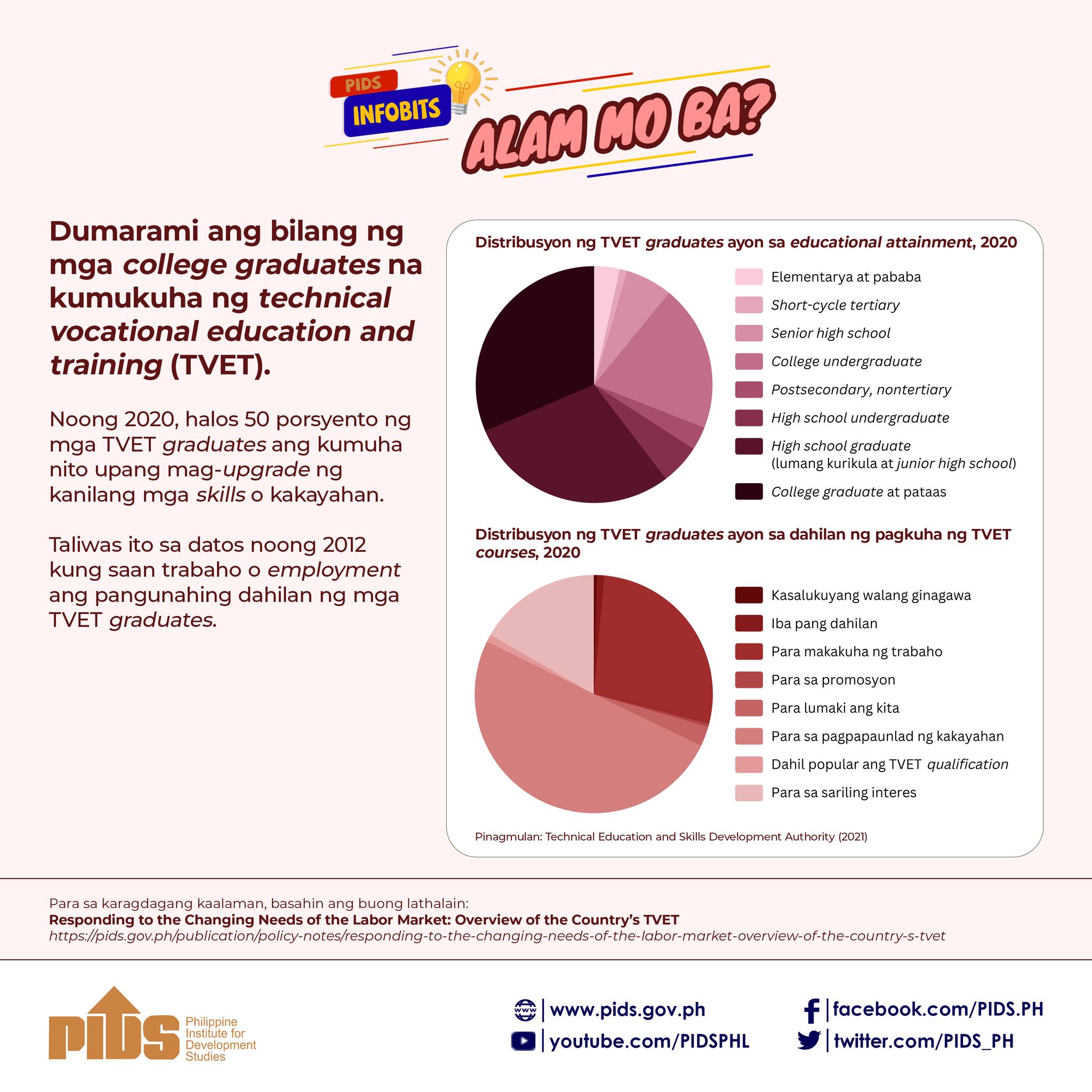BAGUIO, Philippines – After five months of hard work, a miner and tunnel operator, along with his crew, successfully stacked and milled 300 sacks of gold ore, resulting in 120 grams of gold. They sold this gold for P2,400 per gram on the black market in Baguio.
Rod (not his real name) said some of them had attempted to sell gold to the Bangko Sentral ng Pilipinas (BSP) after obtaining their conditional mining contract in May 2021.
However, the tedious process and fees discouraged most of them from repeating the transaction.
“Even though the price is lower in the black market, it’s a lot more convenient. Once you agree on the price, the buyer immediately pays you in cash. They even provide a crucible for melting the gold and offer food and drinks while you wait,” he said in Ilocano.
Based on a recent production estimate by the Global Opportunities for the Long-term Development of Artisanal and Small-scale Gold Mining Sector (planetGOLD), Sagada’s Minahang Bayan can produce 9.06 kilograms of gold annually, equivalent to about P31 million (based on the average September international gold price of $61.59 and an average exchange rate of $1=P55.53).
At least four miners and tunnel operators interviewed by Rappler in September shared the same sentiment. According to them, they only sell small amounts to local BSP-accredited buyers, with the majority of the gold produced from their mines ending up in the black market.
“Instead of spending just a few hours on the transaction, we are stalled for the whole day or two when selling to the BSP,” a tunnel operator said.
He said that in addition to the P1,600 processing fee and 1% retention fee, the distance to the BSP buying station is also a consideration.
After traveling six to seven hours from Sagada to Baguio, they still have about 20 minutes of travel time to reach BSP’s office in Loakan.
He also pointed out that since BSP uses checks, they need to spend additional time at the bank to cash them.
BSP returns the retention fee to the miner after conducting a final test to determine the quality of the gold. However, this process takes some time, especially when the payment is made by check, according to the miners.
Addressing concerns
In recent years, the government has introduced measures to tackle the leakage of gold from small-scale mining to the black market.
In March 2019, the Duterte administration signed Republic Act No. 11256, amending the country’s revenue code to exempt legal small-scale mining operations from income and excise taxes when selling gold to the BSP.
The imposition of a 5% tax on SSM gold in 2010 further discouraged small-scale miners and traders from selling their gold to the BSP. This, according to an August 2020 study by the Philippine Institute of Development Studies, “led to unintended consequences,” with the BSP’s gold purchases plummeting.
Then-BSP governor and now Finance Secretary Benjamin Diokno said the measure “remedies the 99% drop in domestic gold purchases” since the 2010 tax imposition. BSP reported about a 1,000 percent rebound in gold purchases.
In a recent press release, the Department of Environment and Natural Resources emphasized its commitment to formalize small-scale mining operations, citing its initiatives, including registering miners and reviewing the law to provide adequate support for modernization and safety in the sector.
Abigail Ocate, planetGOLD National Project Manager, cited their contextual study, which identified information gaps, access to buying stations, and fees as drivers of the black-market trade.
She said in an October 6 interview that many miners were unaware of the tax exemption for those operating legally. Besides the accessibility of the buying station, she said the fees and BSP’s payment method are key concerns for small-scale miners.
“They know they are required to sell to the BSP, but they are in a difficult situation. Even if we were in their shoes, if I had two grams, I wouldn’t transport it to Baguio [to the BSP] because it would be further reduced by processing and retention fees,” she said.
According to her, production in most small-scale mining areas in the country, like Sagada, is for subsistence, and miners need immediate cash for their family needs.
Ocate said BSP tried to address the inadequate buying stations by accrediting local traders, but their financial capacity still limits them. There are only five gold BSP buying stations in the country; aside from Baguio, there are stations in Quezon City and one each for the Bicol, Davao, and Zamboanga regions.
This is why planetGOLD initiated a partnership with BSP and PJ Lhuillier Group of Companies (PJLI) for a gold-buying program to address other concerns.
Under this system, those from small-scale mining areas can sell gold to any Cebuana Lhuillier branch in the country. However, the program only covers those operating legally.
Rose Ferrer, PJLI finance group consultant, said in an interview on October 7 that they would pilot the program in Sagada, Itogon, Benguet, and Paracale, Camarines Norte, within the year.
“We have no processing fee, and when we buy the gold from the miner, we will pay 100% of the gold purchase price without the retention fee in cash. Miners also have the option to credit it to their account or send it to their families,” she explained.
Leakage in billions
The People’s Small Scale Mining Act of 1991 (RA 7076) mandates that gold produced from small-scale mining be sold to the BSP.
However, with the majority of the estimated 500,000 small-scale miners operating in more than 40 provinces still struggling to formalize their operations, plugging the leak remains a daunting challenge despite government and private sector initiatives.
Even those operating legally, like in Sagada, prefer selling their produce to the black market for convenience. This not only makes tracking the actual gold produced from small-scale mining difficult but also causes billions in losses, impacting the country’s Gross International Reserves.
A study by PJLI in 2022 estimated that out of the $3.9 billion worth of gold produced in 2021 in the country, US$2.7 billion came from small-scale mining. However, only US$27 million, or 1%, were sold legally to the BSP.
Meanwhile, the latest record from the Mines and Geosciences Bureau (MGB) showed 53 approved Minahang Bayan applications and 224 more were being processed as of 2022.
However, out of the P22.8 billion gold sold to BSP, the agency was only able to record Loacan Itogon Pocket Miners Association’s production valued at P36.7 million.
In a September 19 interview, Noel Malimban, director of the BSP North Luzon Regional Office, said only about 10% of the production under his jurisdiction went to the BSP. He noted that there were only two legally operating SSMs in North Luzon.
“Around 90% goes to the black market based on accounts from the miners and supported by data on the ground,” he said.
The BSP official said that the Cordillera alone has the potential to make “a big difference” if all 13 Minahang Bayan would operate and sell to BSP.

